Thermodynamics and kinetics of multi-electron ε-VOPO4
Paul Lin published his first-author paper on the “Thermodynamics, Kinetics and Structural Evolution of ε-LiVOPO4 over Multiple Lithium Intercalation”in Chemistry of Materials, as well as his co-author paper in ACS Applied Materials & Interfaces on “Thermal Stability and Reactivity of Cathode Materials for Li-Ion Batteries”. These papers are collaborative work as part of the NorthEast Center for Chemical Energy Storage and focuses on multi-electron rechargeable battery cathodes that have the potential to yield much higher energy densities than traditional single-electron chemistries.

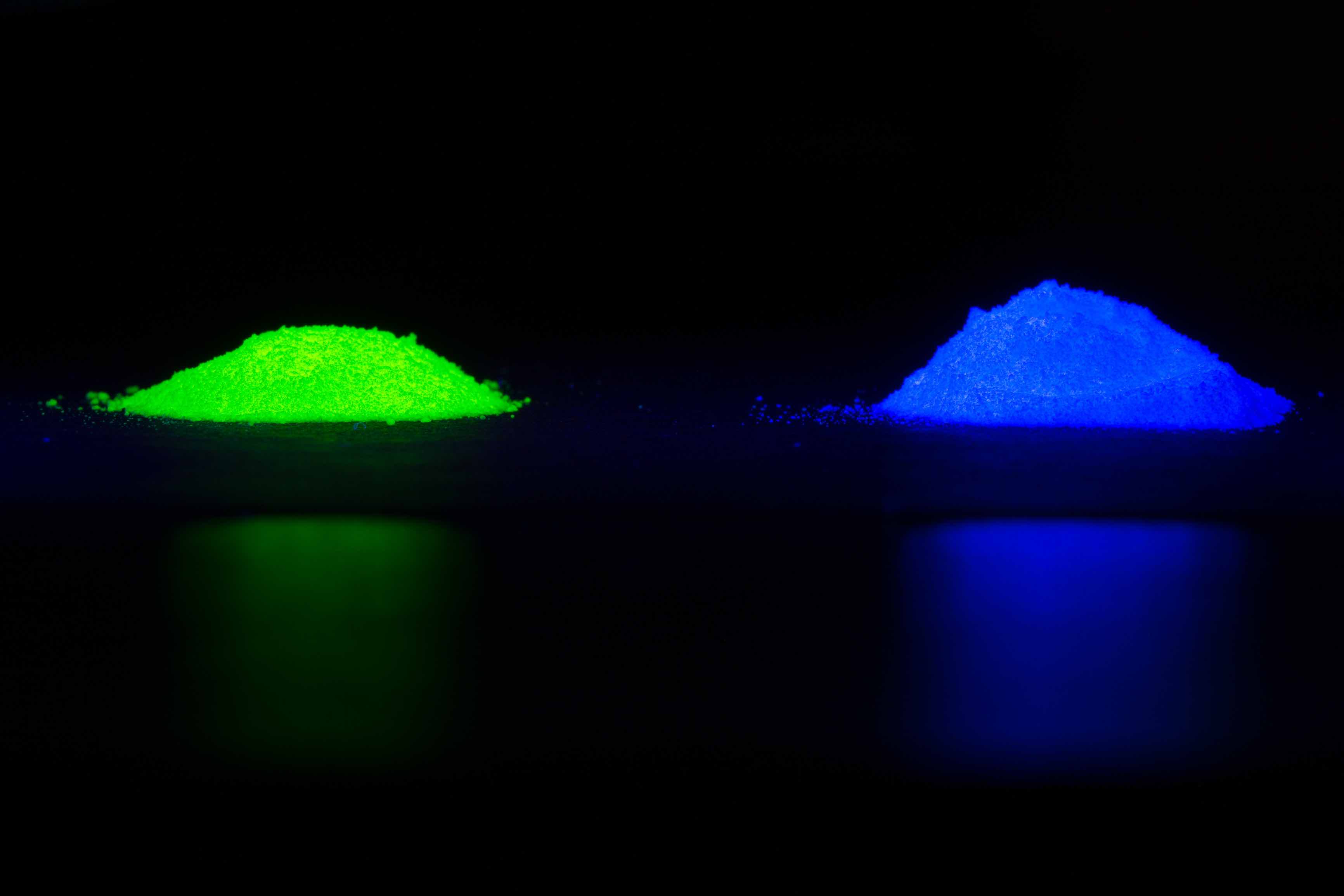
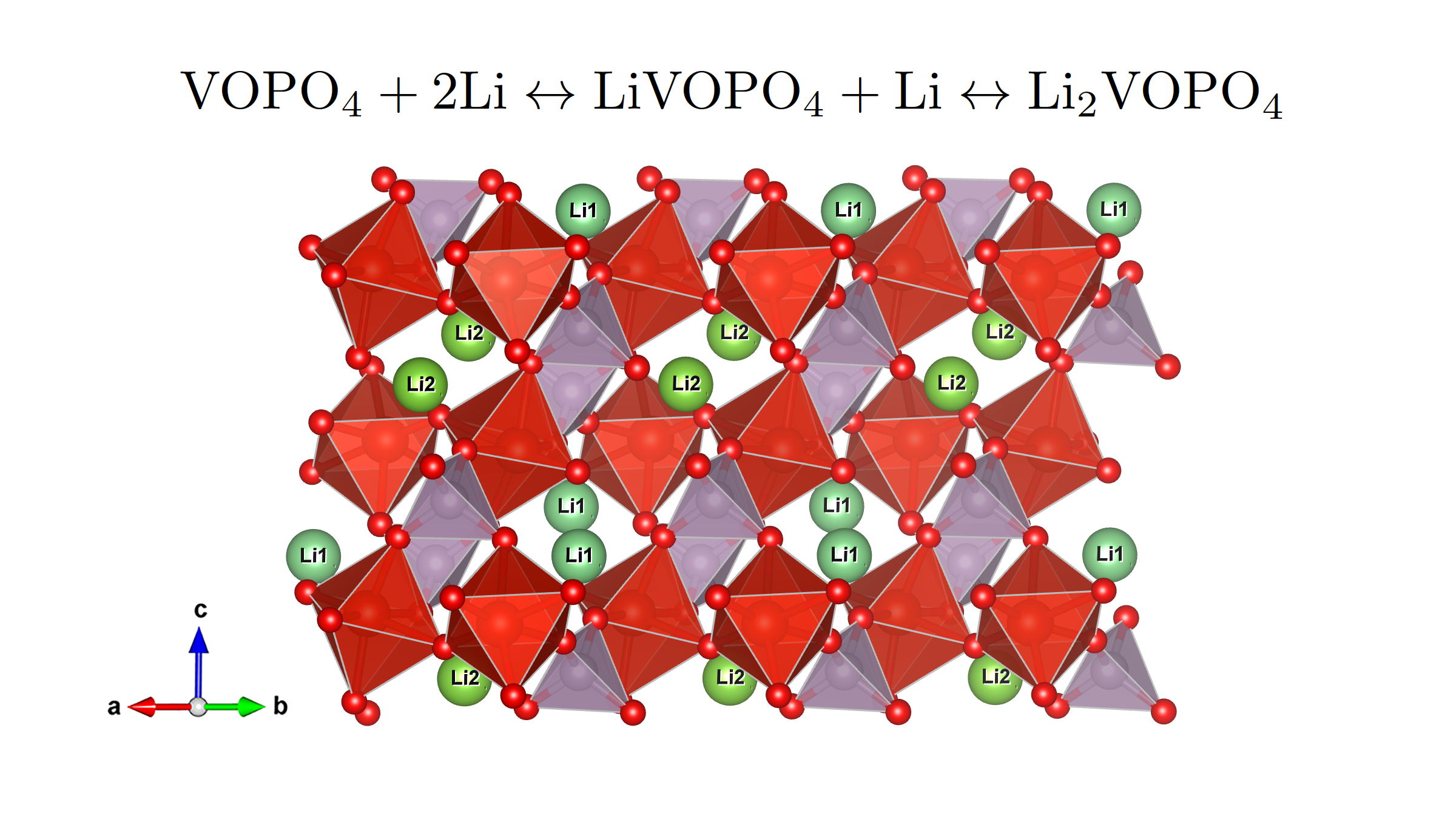
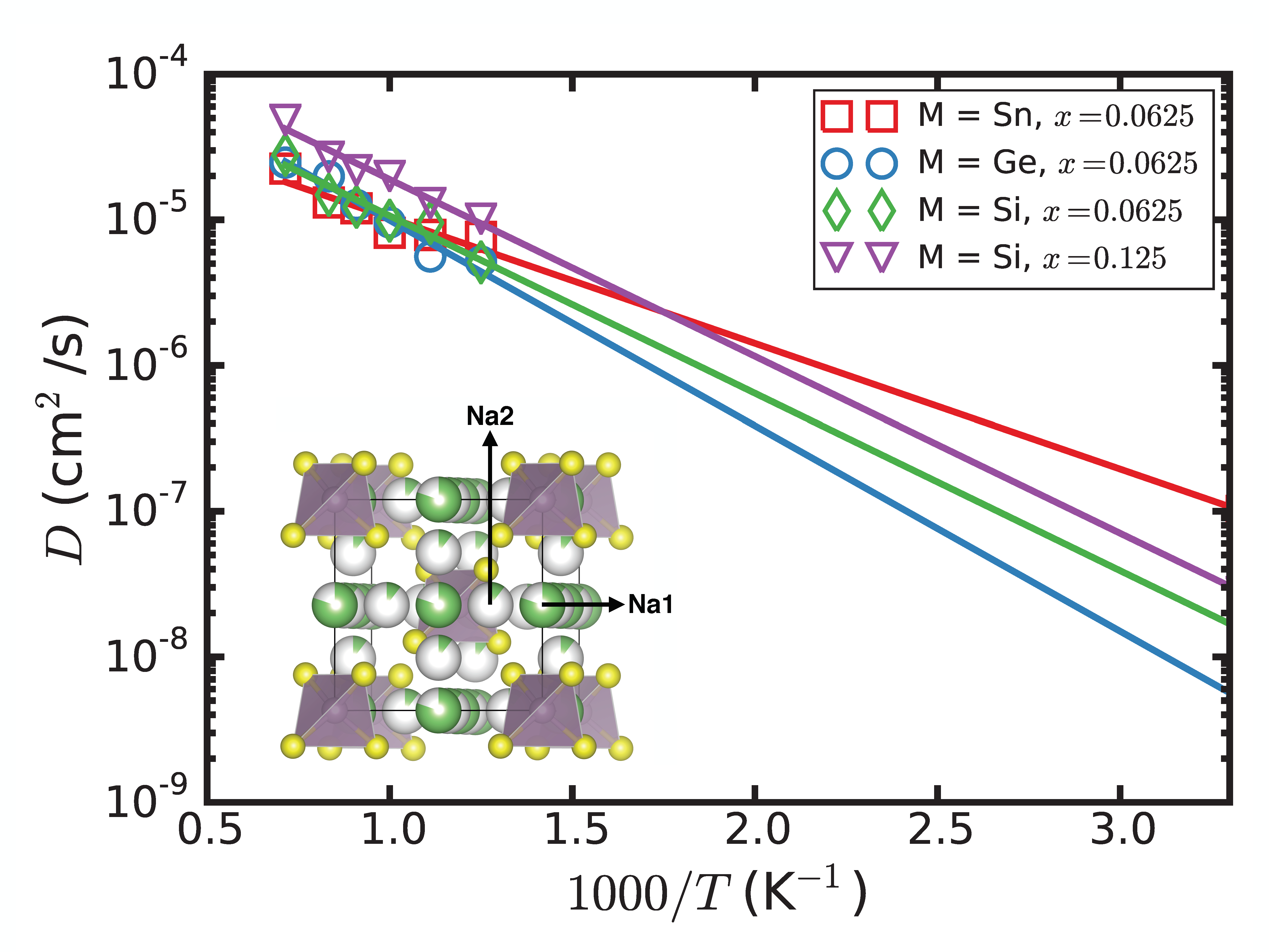
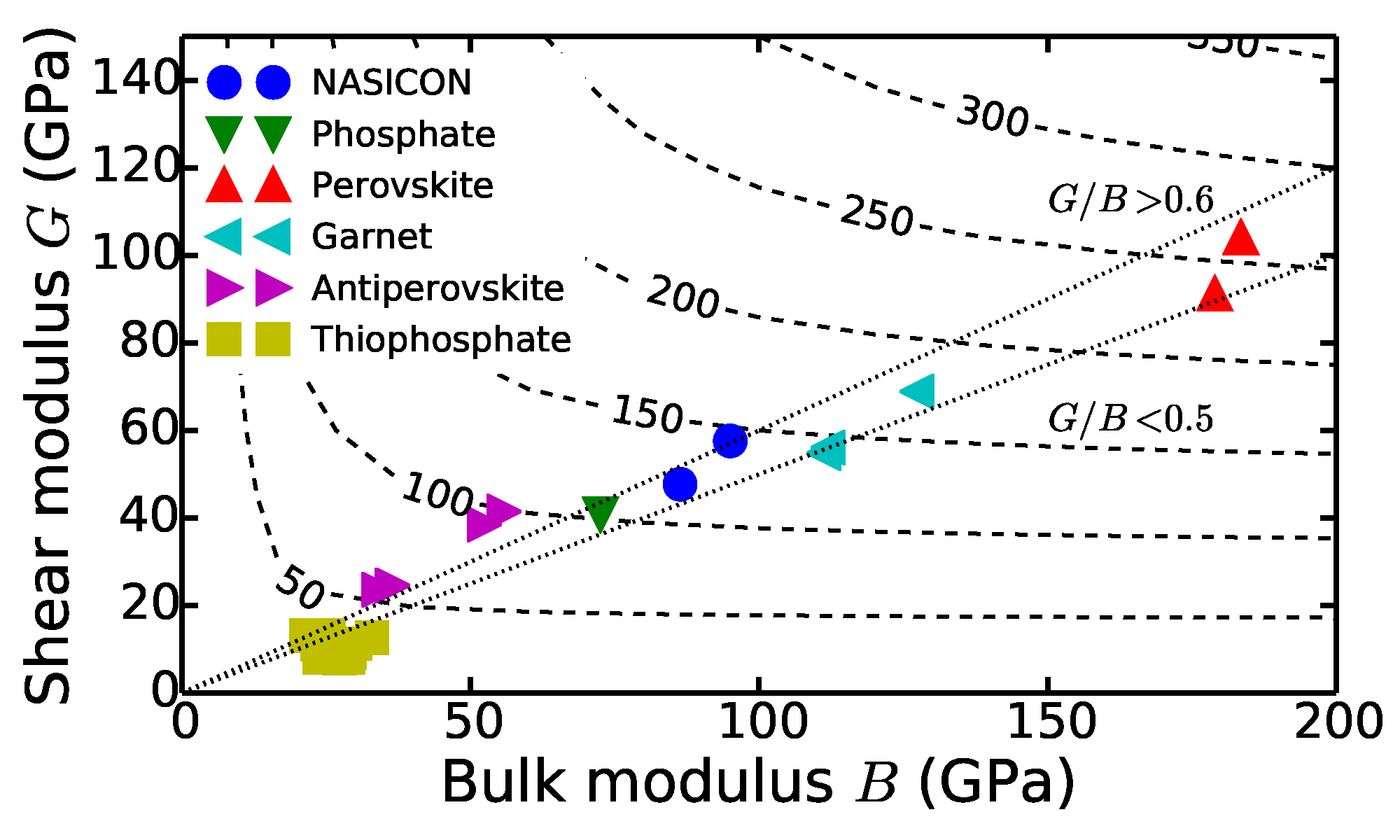

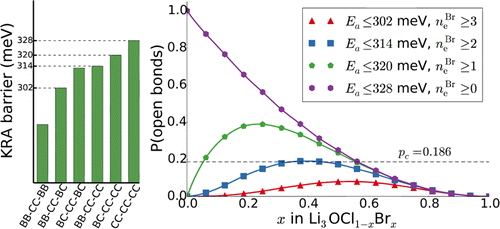
You must be logged in to post a comment.